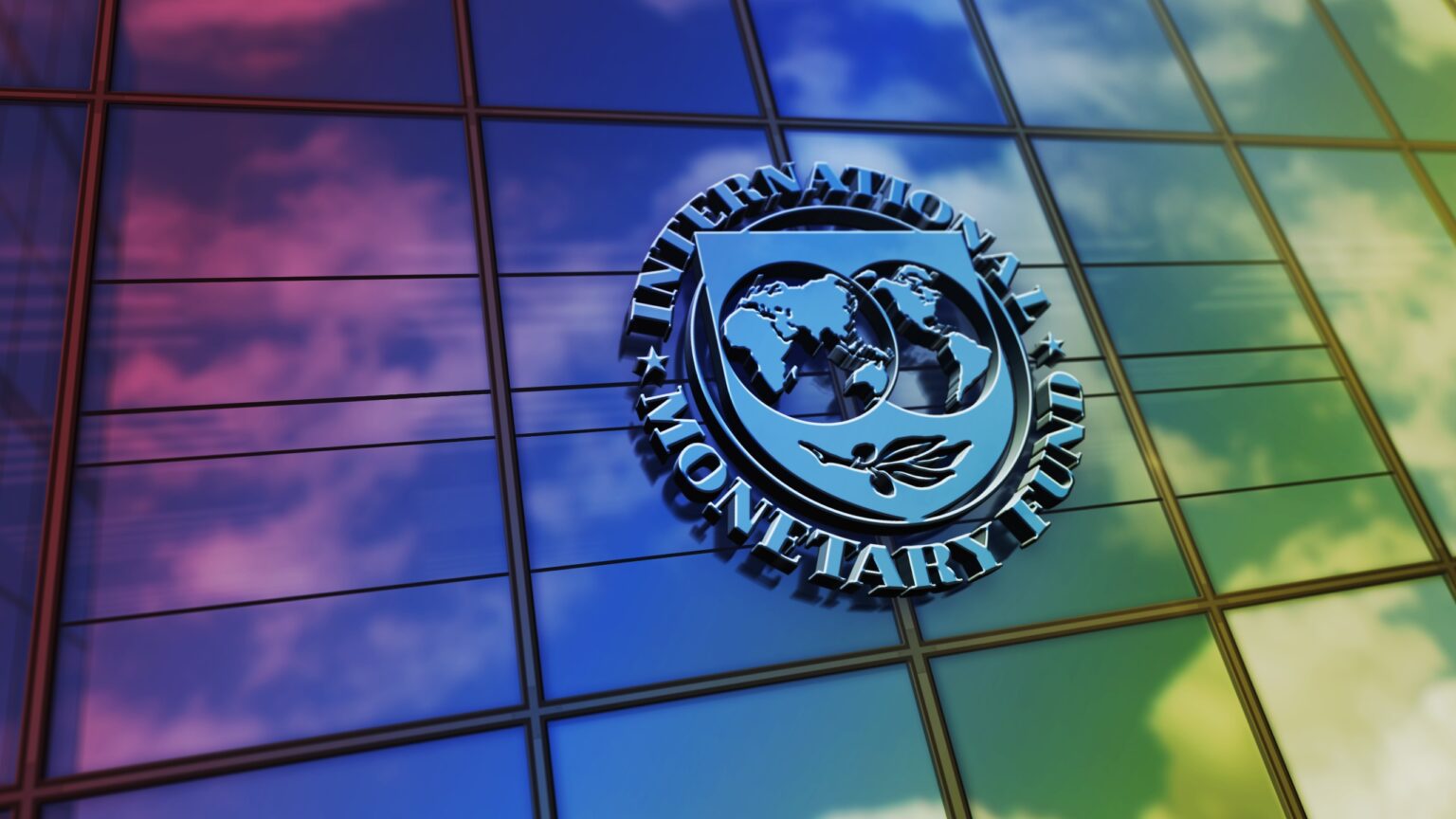The International Monetary Fund (IMF) has released a new analysis indicating that artificial intelligence (AI) could impact nearly 40% of all jobs, potentially exacerbating global inequality.
The International Monetary Fund warns that nearly 40% of jobs across the world could be affected by the rise of artificial intelligence (AI). According to the IMF, high-income economies face greater risks than emerging markets and low-income countries.
In addition, according to the IMF, the technology is likely to worsen overall inequality in most cases. They assessed the potential impact of AI on the global labor market and found this.
Did_you_know?
AI Will Transform the Global Economy. Let’s Make Sure It Benefits Humanity.
AI will affect almost 40 percent of jobs around the world, replacing some and complementing others. We need a careful balance of policies to tap its potential pic.twitter.com/2FOX8xuRN0— AI infographics (@AI_Infographics) January 15, 2024
Kristalina Georgieva, an IMF chief, charged policymakers to tackle this ‘troubling trend.’ Concurrently, she urged them to take proactive steps to prevent the technology from further stoking social tensions.
According to the IMF chief, we are on the brink of a technological revolution, and this can boost productivity and global growth and raise incomes around the world. Also, it could replace jobs and deepen inequality.
AI Impact on Economies
The major concern of the IMF is that advanced countries can adopt AI and its benefits faster than developing countries. In addition, they also warned about the impact on societies and communities.
However, Ms. Georgieva said that countries must set up comprehensive social safety nets and offer retention programs for vulnerable workers. By so doing, the AI transition can be more inclusive, curbing inequality and protecting livelihoods.
According to Georgieva, the impact of AI technology will be slightly less in emerging markets, where 40 percent of jobs will be impacted. Subsequently, in low-income economies, this number goes down to 26 percent.
Who needs massive illegals coming to "fill jobs" when job loss is coming like a freight train?🤔
IMF warns AI to hit almost 40% of jobs worldwide and worsen overall inequality
The International Monetary Fund warned that nearly 40% of jobs across the globe could be affected by… pic.twitter.com/91Vkn2FYui
— floridanow1 (@floridanow1) January 15, 2024
Consequently, these findings suggest that emerging markets and low-income countries face fewer AI disruptions in the short term. Additionally, the IMF notes that many of these countries do not have the infrastructure of skilled workers to harness the immediate benefits of AI. With this, they raise the risk of worsening equality through technology.
Also, the IMF flagged that AI could affect income and wealth inequality within countries. In the report, they warned against polarization within income brackets. Workers increase their productivity when given access to the benefits of AI, and those who cannot are at risk of falling further behind.
The IMF report contains these estimates, and it says that half of the jobs will be negatively affected by AI. However, the rest might benefit from the new technology.
In the report, Georgieva said that for the other half, AI applications may execute important tasks currently performed by humans. According to her, this can lower labor demand, leading to lower wages and reduced hiring. Some of these jobs may disappear in extreme cases.
Artificial Intelligence – The EU sets the first rulebook in the world
"It's imperfect, it's a compromise" @DdeSchaetzen
"The EU should have closed the AI act but it has experienced a FOMO" @profAndreaRenda
Watch #BrusselsMyLove all weekend on Euronews. pic.twitter.com/rb6VCqwEfN
— euronews (@euronews) January 5, 2024
Significantly, this report comes as business and political leaders gather at the World Economic Forum in Davos, Switzerland. The rise of AI is in sharp focus, as are worries over global conflicts.
Previously, Goldman Sachs had warned that generative AI could impact as many as 300 million jobs worldwide. However, the Wall Street Bank acknowledged that AI could spur labor productivity and growth and boost the gross domestic product by as much as 7%.









 and then
and then